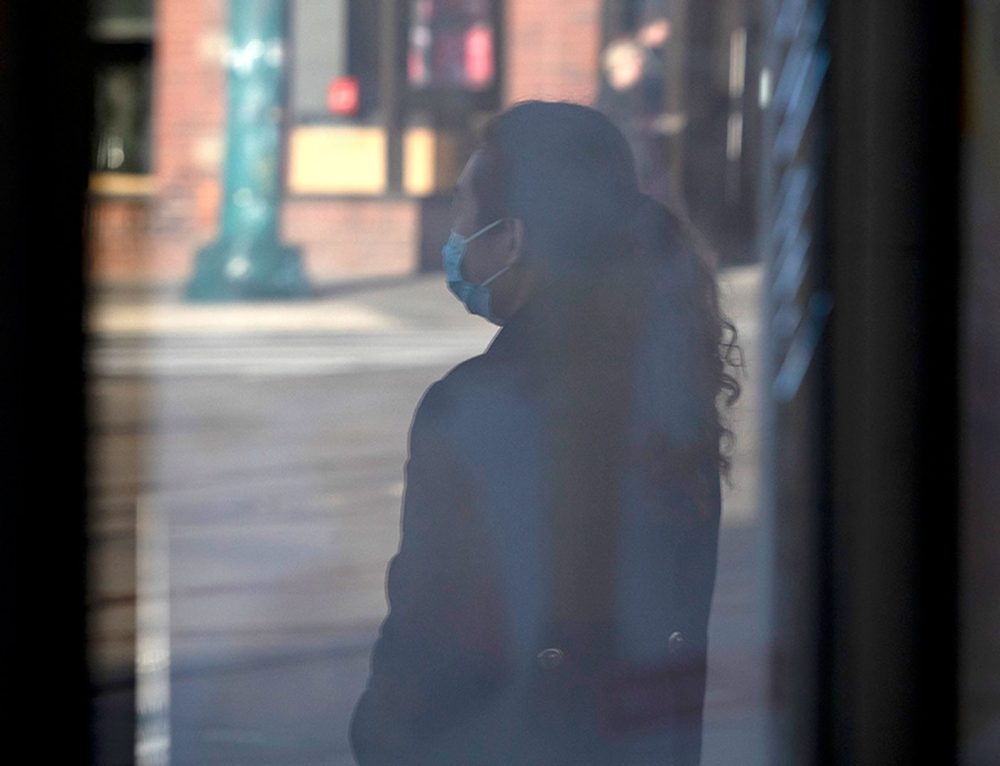As the COVID-19 pandemic continues, with many people still losing income, is GDP per capita really an adequate measure of happiness?
As they sat down to a quarantined Thanksgiving, Canadians could have been forgiven for wondering what they have to be thankful for this year. For one, Canada is a rich country in a poor world. As of last year, the country’s GDP was about the same as that of Brazil or Russia, albeit with a far smaller population and thus a higher GDP per capita.
Yet for many Canadians, this is increasingly no longer enough.
The Canadian Index of Wellbeing (CIW), a project at the University of Waterloo, recently found that living standards are only one of eight crucial indicators, including health, leisure, and community management that make people thankful. And the COVID-19 pandemic has perhaps put this in greater perspective than ever.
The CIW has a difficult task. Collecting credible amounts of data for its eight sub-indexes is costly. Ambitious early plans for CIW to provide an alternative to GDP to offer frequent data reports that measure the environment, education and democratic engagement still seem far off. Many economists are dead against the idea. They say that GDP is valuable and maybe even essential, so long as it is not taken for more than it is.
A well-known principle called the Easterlin Paradox, discovered by a US economist, shows that after a certain point—somewhere near the official Canadian poverty level—we and the countries we live in don’t get happier as we get richer. One thing GDP does not do, of course, is measure happiness. In the case of COVID-19, for example, while many people may be losing income, economics reminds them they are trading it for the utility of more family time.
The Canadian Index of Wellbeing is in no position to supersede GDP and has no plans to try, but as an unprecedented year of challenges begins to reach its end it is well worth considering what we should really be thankful for at this time.
Canadian mental health
As Canadians continue to grapple with an unprecedented level of stress as the COVID-19 pandemic wears on, thousands of volunteers have come forward to offer emotional support to others — a move experts say could benefit their own mental well-being as much as the people they’re helping.
“There is a huge gap in the fact that adults, parents, front-line workers are experiencing high levels of anxiety and stress right now. They don’t know where to turn (…) All of us are in this process of figuring out ‘What is the new normal?'” said Alisa Simon, senior vice-president of innovation at Kids Help Phone.












